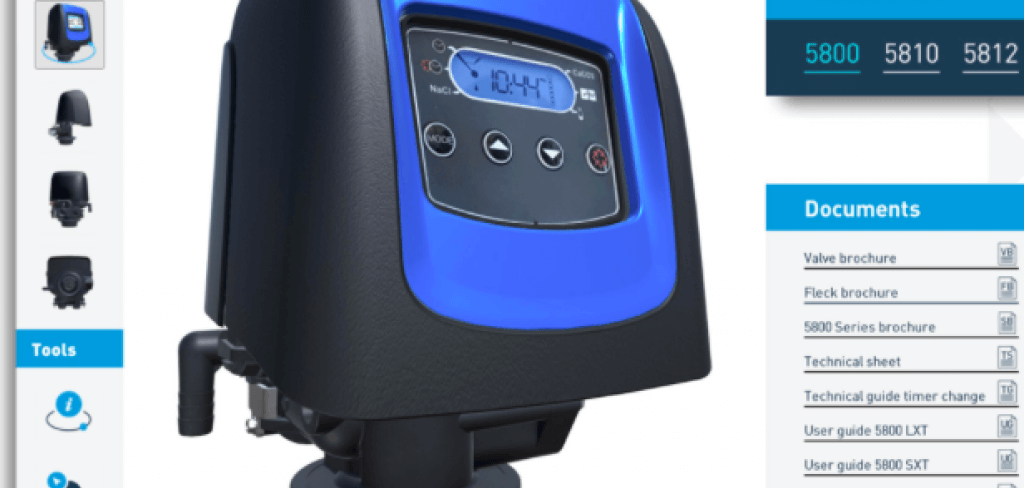The Canadian Cancer Society asserts caution regarding the use of chlorine in drinking water. Chlorine is a chemical that’s added to water to disinfect drinking water (and other water sources, such as swimming pools) from pathogens (that is, disease-causing agents like bacteria and other microorganisms) that can cause illness. Diseases that can be caused by water that has not been properly disinfected include those that periodically appear in the news, such as E. coli (Escherichia coli), giardiasis and cryptosporidiosis (intestinal illnesses caused by microscopic parasites) and even cholera.

Chlorinated drinking water becomes something of a double-edged sword. It can serve a highly valuable purpose when making drinking water safe from disease-causing microbes, but too much chlorine can create a backlash, causing other, serious health problems. Furthermore, it isn’t just chlorine alone that alters the quality of your drinking water. When chlorine interacts with organic matter like soil and dead leaves in untreated water, new chemicals called chlorination byproducts are produced, which remain in the water. The level of these byproducts in the water is dependent on both the amount of chlorine and the quantity of organic matter in the water. These chlorination byproducts are what are responsible for the risk of cancer that’s associated with water.

So, how can you reduce your exposure to chlorine and still protect yourself from the impurities and hazards of the water you drink? The answer comes down to using methods of purifying your drinking water that do not pose a threat of additional chlorination but that remove all byproducts and impurities. Some of these methods include:
• Using activated carbon filters in water pitchers
• Installing complete water filtering systems in your home

Each of these methods can help dechlorinate and purify your water. Ideally, to ensure your water meets a high standard for purity, it should be professionally evaluated to determine a purification system specific to your region and requirements. Carbon water filters are designed using carbon as the primary filtering agent. The carbon in many cases is solid and the water runs through it and is purified. This filtering process removes bad taste and, more importantly, dangerous contaminants that compromise human health.

Our Solution
- MICRON FILTER – Stops Rust, Dirt and Particles.
- CYCLONE TECHNOLOGY – Cyclone plate disperses the incoming water, ensuring maximum contact time and contaminant removal.
- KDF (COPPER ZINC ALLOY) – Stops microbial growth, scale build up and heavy metals.
- CATALYTIC CARBON – VOC’s 99% Chlorine, Chloramine reduction and other particles.
- Filtered water from every tap in your house.

Why Upgrade to a Whole-Home Water Filtration System?
- Our Whole Home Filters come with a conservation valve to conserve your home water and save you money on your water utility bill.
- Current Water rates are up 245% since 2005.
- Canada and USA used more water per person than any other nations in the world last year.
- You are able to save 40% more water with simple changes.
- Use less hot water by getting rid of sediment build-up in your hot water tank.
- Our Whole Home Water Filters effectively reduce unwanted tastes and odors, including chlorine taste & odor from your drinking water.
- Our custom Whole Home Filters are designed to allow maximum contact between the water and carbon, ensuring optimal absorption.
- All of our filters utilize advanced activated carbon technology which allows superior chloramine and chlorine reduction.
- Removes 99% of chlorine, chloramine, VOC’s and impurities by a process called absorption, trapping pollutants and other particles in carbon pores.


